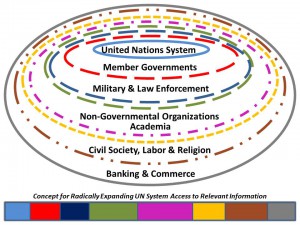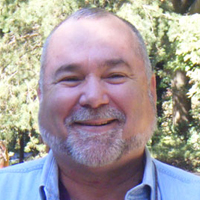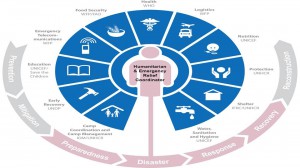 Improving United Nations Intelligence
Improving United Nations Intelligence
Lessons from the Field
UN member states have historically been hesitant to provide the UN with an intelligence-collection mandate at either strategic (headquarters) or operational (field) levels. However, the increased size, length and complexity of peacekeeping operations, compounded by severe security threats to UN personnel, make a stronger UN intelligence capability in the field increasingly necessary.
Download: English (PDF · 6 pages · 716 KB)
Author:Melanie Ramjoué . Series: GCSP Policy Papers . Issue:19
Publisher: Geneva Centre for Security Policy (GCSP), Geneva, Switzerland
By the same author:
See Also:
2012 Robert Steele: Practical Reflections on UN Intelligence + References & Reviews + UN RECAP 1.4







